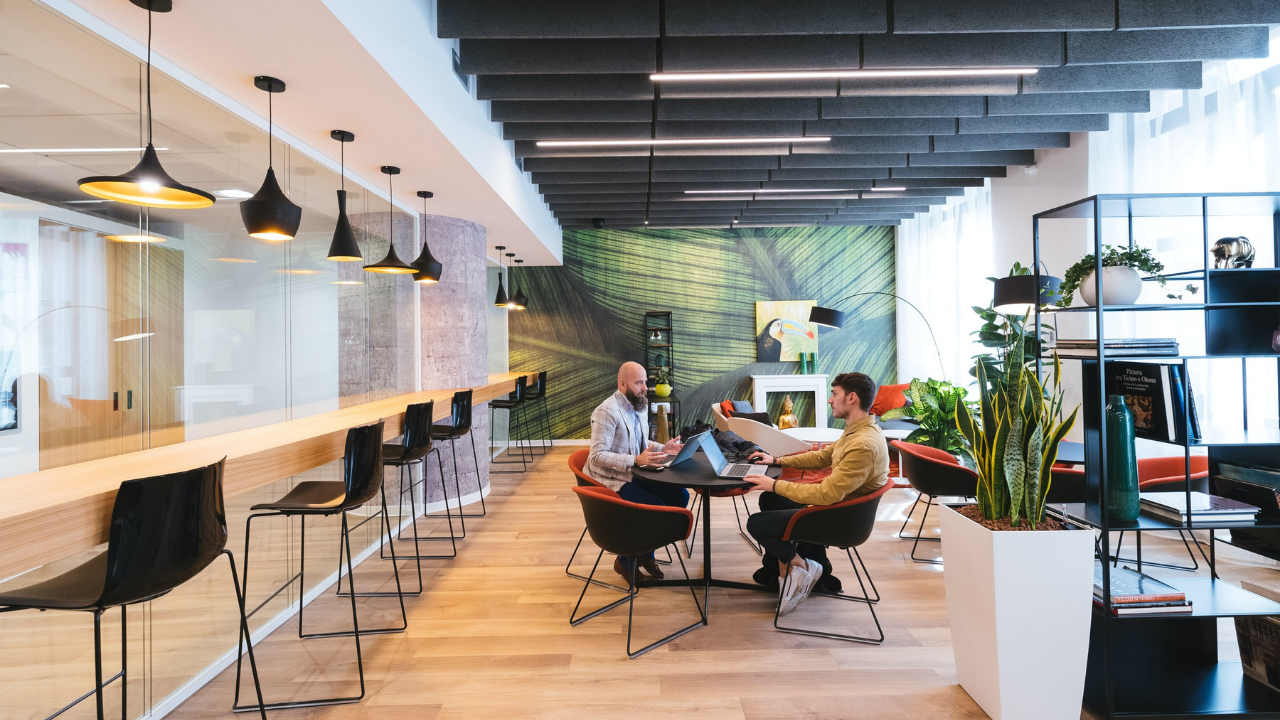The future of coworking has been hanging in limbo as the pandemic continues to threaten the safety and health of civilians worldwide.
According to David Wiener, senior vice president of Colliers’ West Michigan office, the coworking market remains at a standstill or is completely shut down.
“There are a number of issues that we’re seeing,” said Wiener. “It could depend a lot on what type of regulations there are locally or from the state. In 2021, if a lot of people can get the vaccine and get people back to work, then I think things will change. But right now most people are seeing coworking not coming back fully until 2022.”
While the coworking industry is taking a major hit now, some analysts believe that they could lend a helping hand for companies looking to cut down on long-term leases and adopt flexible options for their employees.
For Holland, Michigan-based Treehuis, members who were only using their space a few times a week have opted out.
However, owner Brian Burch is still optimistic about the future of the coworking model as an alternative workspace outside of the traditional office or home.
“They just have to get out of the house, and you can’t just go to coffee shops or to the places they are used to going to get work done,” said Burch. “What we’ve done our best at is to create those private spaces where members are not sharing the same area with people like they once were.”















